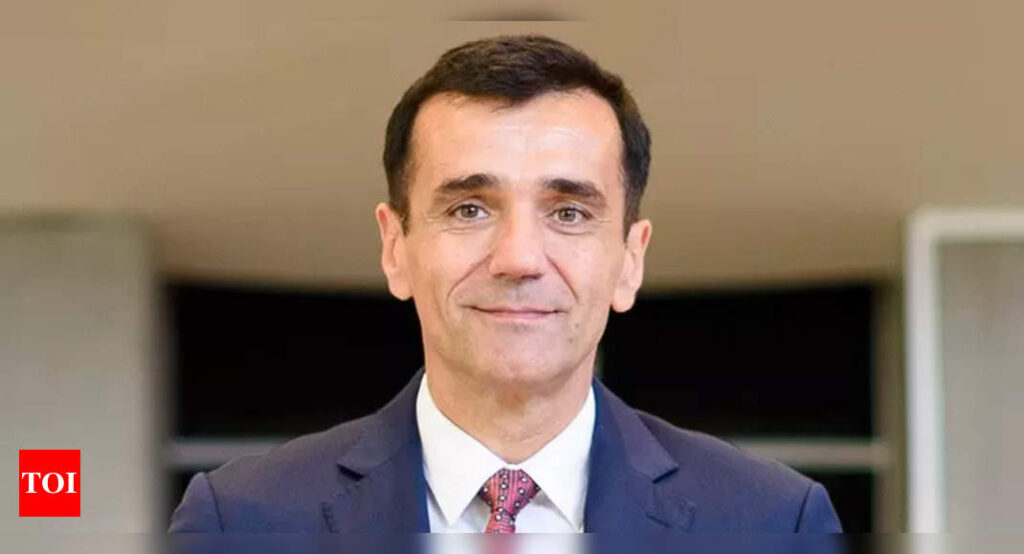Ilian Mihov, dean of INSEAD and professor of Economics, shares in a Q&A with Education Times what are the challenges facing business schools, the evolution of management education in Asia, and what role educational institutions can play in empowering business as a force for good. He also reveals his future after having successfully completed his 10-year deanship at INSEAD.
What are some of the challenges currently facing business schools?
There was a long-standing perception that online courses will soon replace in-person teaching in business education. What we have seen from the pandemic is exactly the opposite. People want to come together; they want to study at a physical campus, they do not wish to learn fully online. Having said that, many schools have developed deep expertise in online education since pandemic. INSEAD is leading the way by combining online with in-person teaching – and that is really the best of both worlds.
Another challenge that we are facing, and which is actually a good one to have, is that we are seeing a huge demand for executive education. More companies are focusing on talent development and on lifelong learning. Relevant to that, we have just launched the INSEAD Learning Hub, a first-of-its-kind innovative subscription-based mobile app that reinvents lifelong learning. With this, we are the first business school in the world to offer content, community, curation and credentials on one platform. It is built to respond to the shifting needs of lifelong learning, given the challenge of leading and managing in today’s fast-changing work environment. The app’s standard content is free for all, and users will get to enjoy personalised content delivery and engaging with its online community anywhere, anytime.
What are your observations on the evolution of the business and management education landscape in Asia?
It has been there for quite some time, but there is a shift in demand for leadership programmes driven by global trends. There is an increasing need for better understanding of your employees and teams and for better interpersonal relationships. The second big trend is increasing focus on sustainability, most companies understand that executives have to do something, but they have no idea what to do. So, there is a great demand for rigorous and well-designed framework to understand sustainability.
How can business schools like INSEAD can play a role in empowering business as a force for good in this region and beyond?
Business as a force for good acknowledges how today’s managers have a much bigger role and responsibility than in the past – they have to look beyond generating profits for the company, and look at value creation for society, the environment and employees.
Business schools like INSEAD are well positioned to develop the future leaders who will not only deliver prosperity, but also embrace sustainable practices to lead businesses that are a force for good.
In our last curriculum review in 2017, we have created courses on business and society and ethics. It is not to teach students what is the right (or wrong) thing to do, but to bring awareness into their minds. We also have a course on public policy, where our faculty teaches about inequality, regulations and sustainability.
A few months ago, we voted for another ground-breaking change in our MBA curriculum. Our renewed curriculum will embed sustainability teaching and learning objectives in all of its 15 core courses and introduce a mandatory capstone, challenging students to integrate sustainability learnings across all management areas.
As you are completing your deanship at INSEAD and stepping down as dean in September 2023, what are your future plans?
First, I will be taking a two-year sabbatical and take the opportunity to visit other educational institutions. Then I will go back to doing what I have always enjoyed since the beginning of my journey as an academic –that is, research and teaching.

